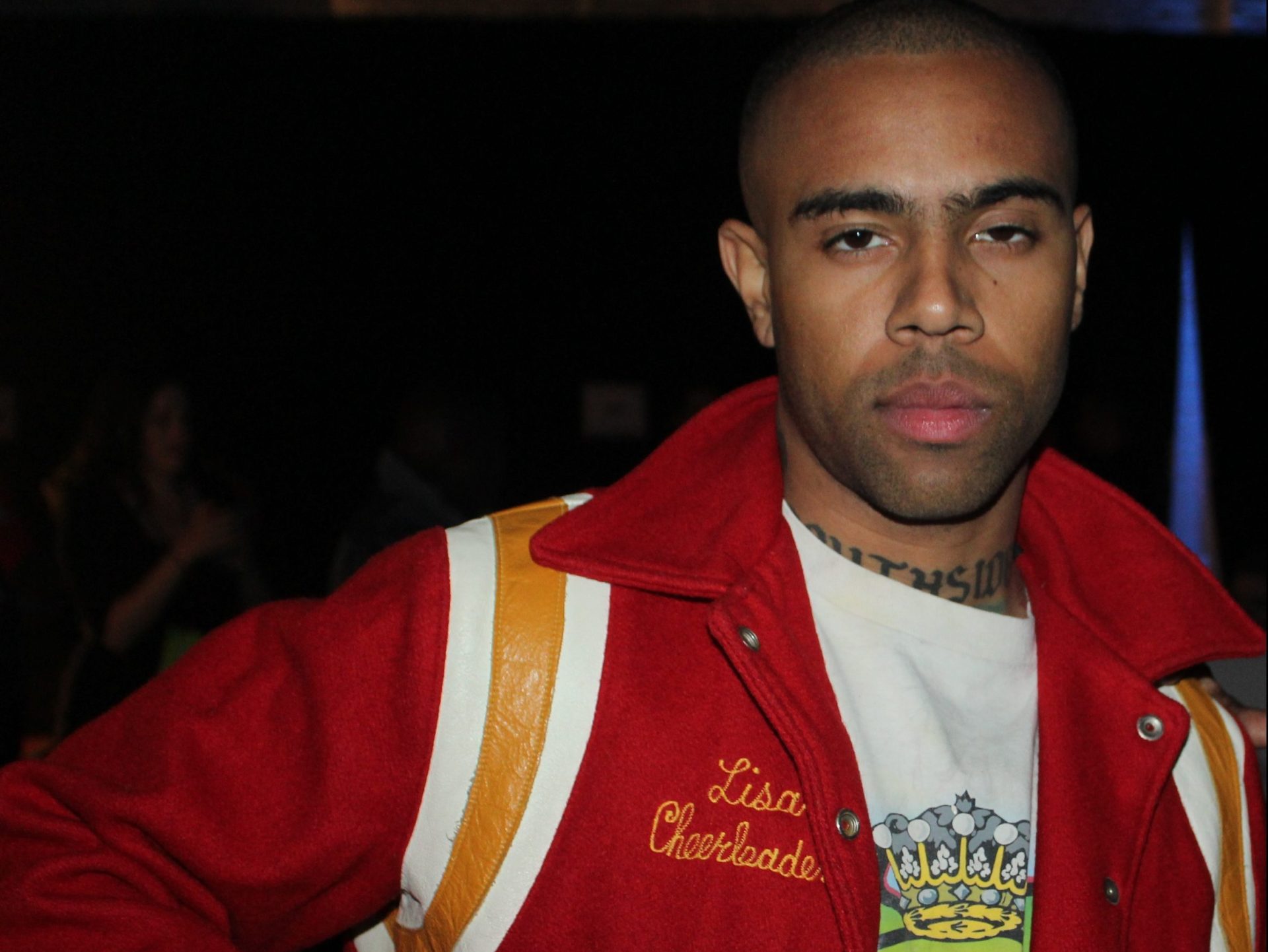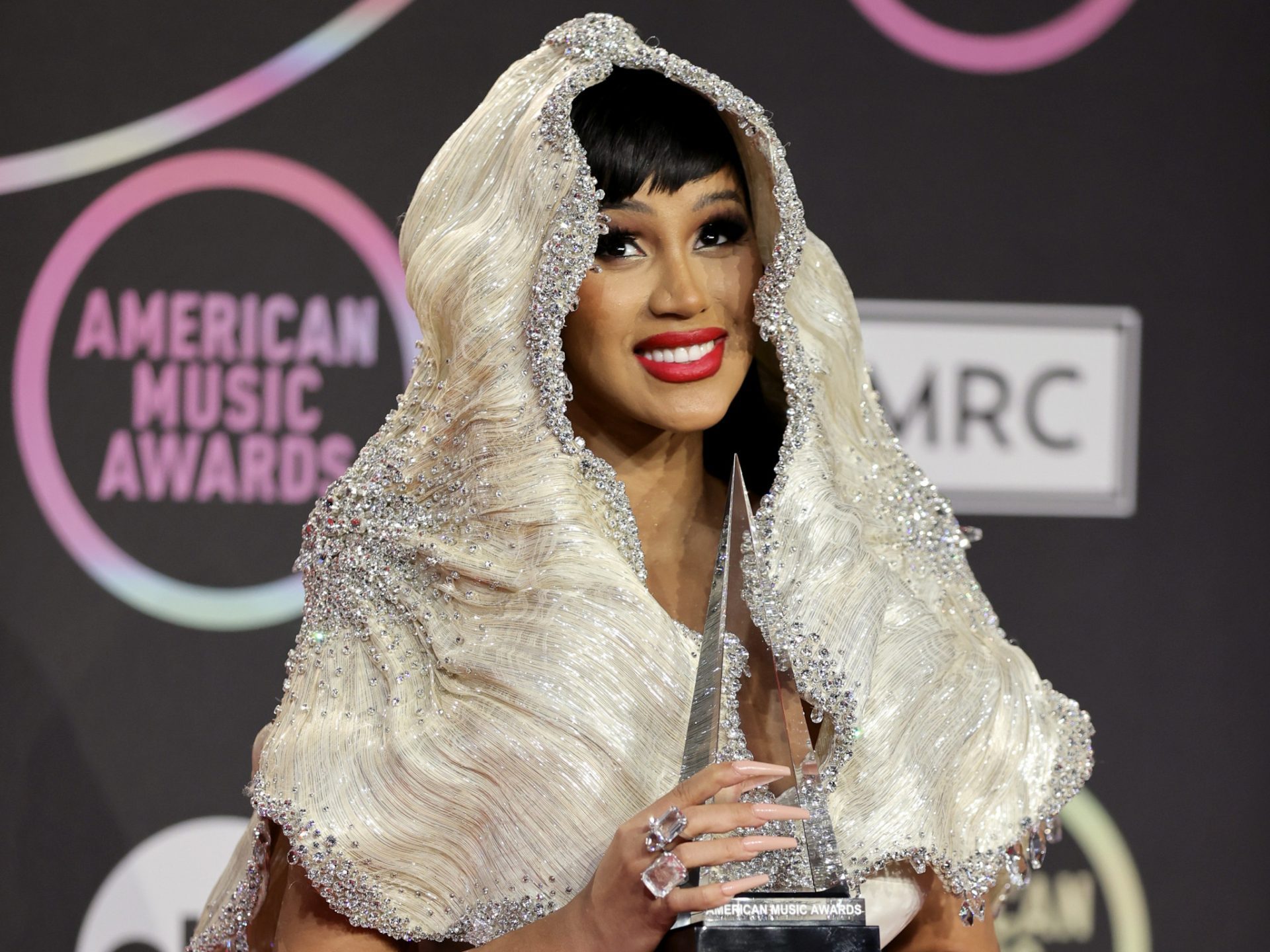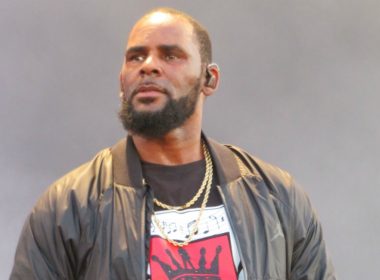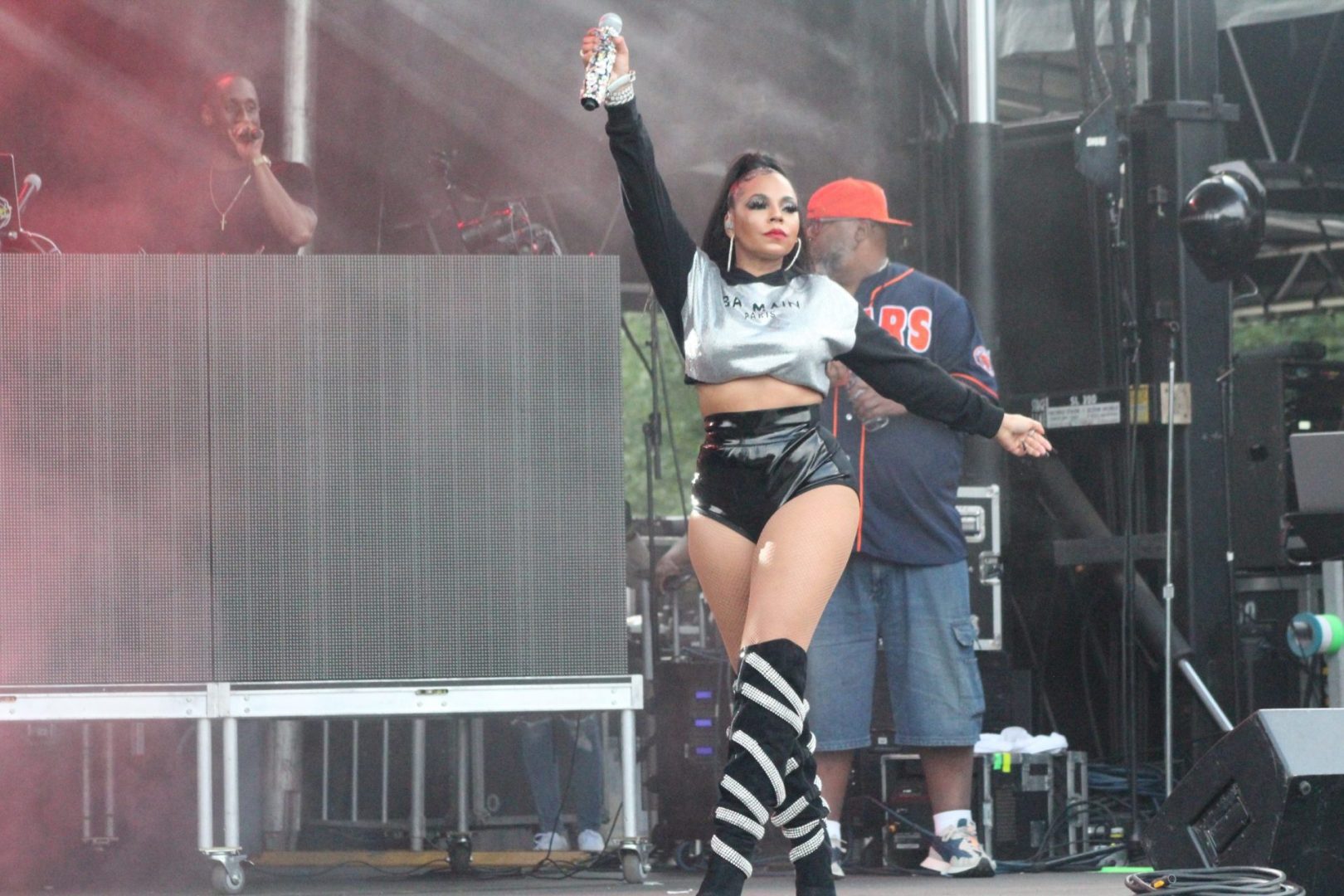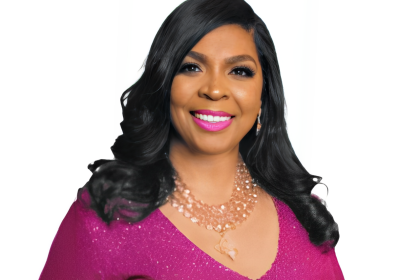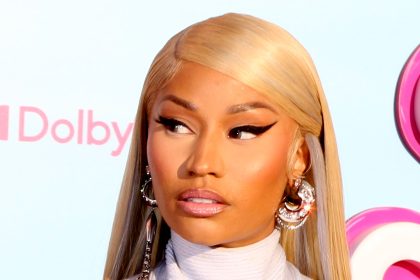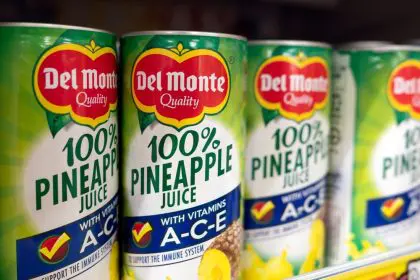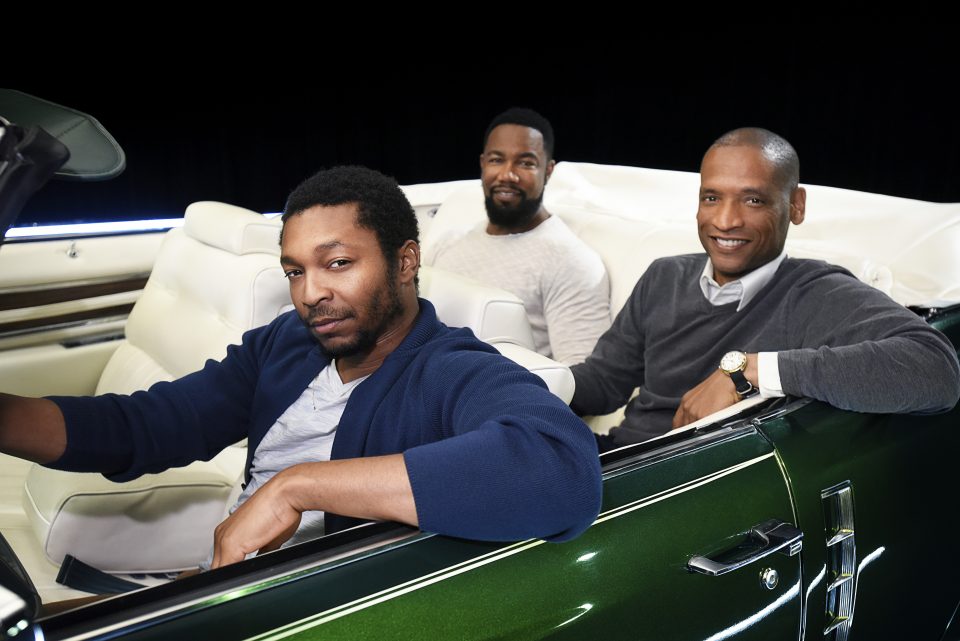
The Black Soul Cinema era of the 1970s served as a pivotal time for Black films in America. Known by some as Blaxploitation films, the genre gave a voice to a community that often lacked representation in major Hollywood films. It was an era that influenced a new generation of Black filmmakers and hip-hop with it’s vivid depiction of Black America.
To pay homage to that era of filmmaking, FilmStruck are streaming eight films which include Shaft, Superfly, The Mack, Black Belt Jones, Cleopatra Jones, Sweet Sweetback’s Baadasssss Song, Dolemite, and Petey Wheatstraw.
During FilmStruck’s filming of a mini-documentary, our publication got an opportunity to speak with Malcolm Mays, director Scott Sanders, and actor Michael Jai White.
Here what Sanders and White had to say about the ’70s era of “Black Soul Cinema.”
How were you inspired by the 1970s era of Black Soul Cinema?
Michael: It provided a voice for me. I identified with these powerful alpha male and females growing up. I think that it was very personal for me because I grew up in the inner city and it was really tough. And those images provided an armor for me. I Identified with Fred Williamson and Jim Brown and I sought to be like that. I’m not sure what It would be like if I did not have those images growing up. So to one day walk in their footsteps is a full circle for me
Scott: I grew up after the height of the movement and so a lot of the first things I ever saw from blaxploitation were like Black Belt Jones having a karate fight in soap suds and crazy Pam Grier trailers. It was more about approaching it as a fun genre. The depth of the genre came later. For me, it started with a lot of the fun parts of it which were on the surface. As time went on, I saw some of the movies and got a deeper sense of what it all meant
What are your thoughts on the negative connotation of Blaxpolitaiton?
Michael: There is a negative connotation, but you’re trying to quickly get somebody to understand. There’s this convenient word that may be somewhat derogatory that puts you right into it. If I say Blaxploitation, people get it, unfortunately. That’s just what it is. But yeah, he’s right if I say Black power films. I owe you about four more sentences before you even know what I’m talking about.
Scott: Yeah, I agree. It’s just the most descriptive word. I think it’s more of a nuance thing. If you break down the word exploitation, there are more films that were much more exploitive. I think if you just wanted to get to the most essence of raw and Blaxploitation, it’s not so most the famous films. It would be the ones where they literally just stuck black and then didn’t care.
How did the characters in Black Soul Cinema become the heroes instead of the anti-hero?
Michael: They actually spoke a lot of truth. I am old enough to know that I had uncles who are these guys because they couldn’t find work. There was the Black female who could get support from the welfare systems by not having a Black man around. Some Black men had a hard way to go. Look at the movies by Sidney Poitier and Bill Cosby. They had to try to hustle and these are as straightlaced men at the time. There was a hustle mentality that was very much a part of everybody’s experience. So it’s a time capsule and where being a hustler and a hero was a real thing.
For more information visit FilmStruck


